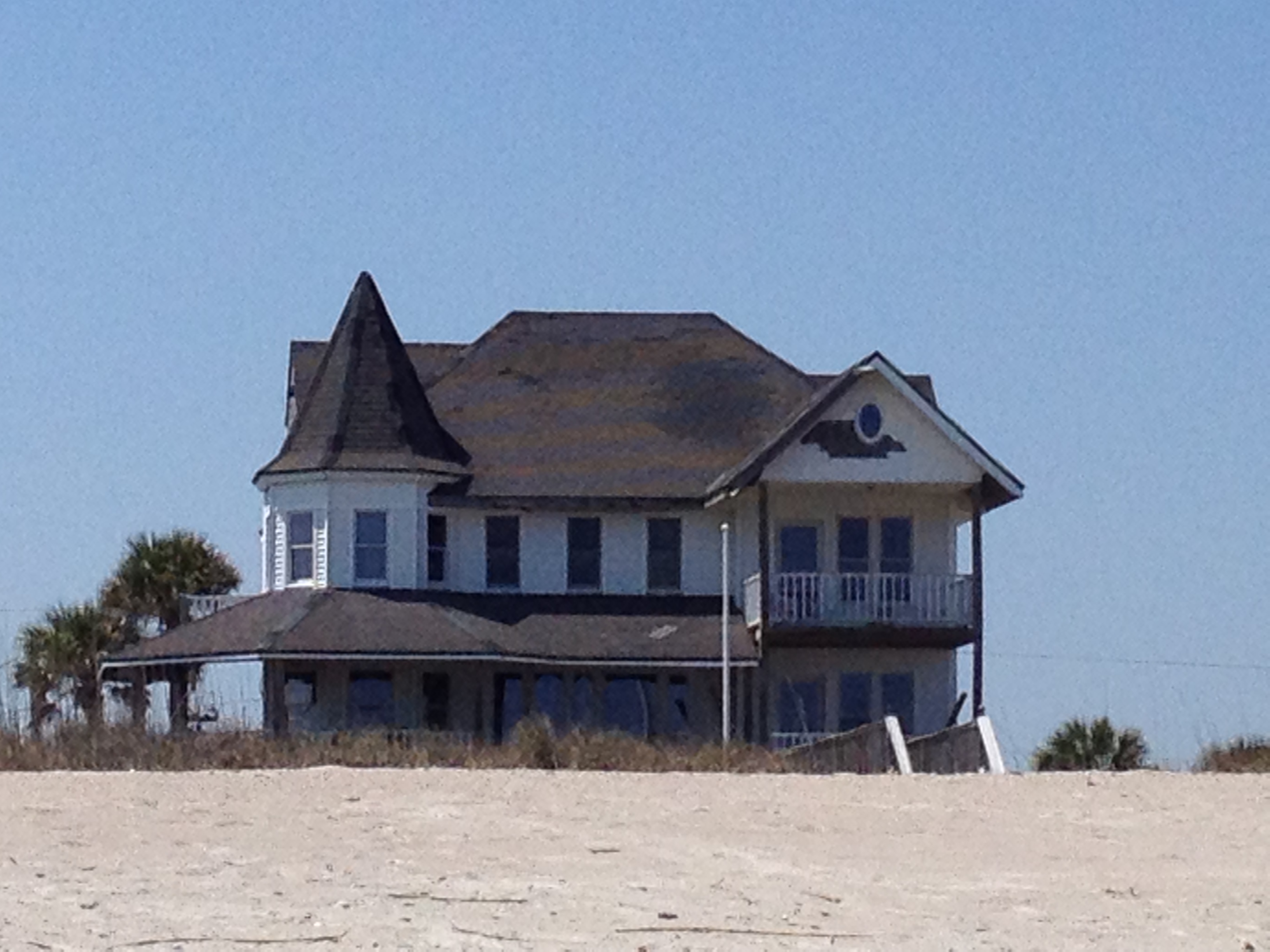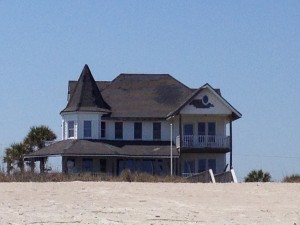
Story World: Why I Heard My Characters Using the Trans-Atlantic Vocal Accent
https://www.youtube.com/watch?v=Gpv_IkO_ZBU
My new WIP (Work in Progress) features characters that sprang to life after I saw a travel ad in the Sunday New York Times. They told me their old world names and I wrote their story in a flurry of energy. It’s one of my favorite stories that I’ve written but the questions started as soon as I was finished.
It was hard for me to place them in a particular setting. Their voices sounded old but their resources were more modern than the era when they were first popular names for children. And, the tension in their sunroom was punctuated with habits and manners that seemed older than the furnishings. Why were these old sounding people in this new sounding environment? I’m not very experienced with this kind of writing flow; I generally sit and predetermine the details and then write. This time, instead of ruminating on what might be a good idea, I found myself in a listening position.
Who are these people? Where do they live? Why do they feel this way? How did they get here?
Those are the questions I asked the air…and then I went to walk the dog, wash the dishes, reboot the laundry, drive carpool…. and listened for the answers. I knew I’d feel it somewhere in the middle of my gut and my brain. This is how I discovered their home city, the kinds of vacations they take, and the clothes they wear.
Unfortunately, (unless I come across some kind of blessed travel budget money) they live in a place where I’ve never been. Here’s another unfamiliar territory: I have always written in a setting I know inside and out. I’m not an experienced fantasy writer and I haven’t created a story world that I didn’t actually have life experience living in since I was a kid playing make believe.
I asked my not-blood-brother for advice because he has lived there. He offered a great insight to a region only the locals would really know, which set me off on a Saturday of fun research and then to the next question: when do these people live?
I texted M: What’s more interesting? Historical fiction in an actual time period or a future time period obsessed with that time in the past?
He texted back: Future. Definitely. Less work for you.
M’s an actor and a major movie buff. He gets the magnitude of research it takes to create an accurately layered story setting and the attention to detail I’d have to give it. He also knows me really, really well and probably responded to some extent on the instinct that I’m much better at big picture visions than tiny image details. I trust him.
A future obsessed with a certain time period in the past, like a rabid trend, a safe place, a goes-around-comes-around cycle…that explains every dilemma my short story presented. I got three more subchapter scenes in from the excitement of that answer alone.
These characters sound the way they do because it’s the sound of their generation. They dress the way they do because it’s the fashion of the time. They have access to what they have because they live in a modern city; not an antiquated past. Their world will contain remnant threads of every generation in between, an amalgamation of elements that are okay to include in my story and allows me to keep the focus on the tension and drama between them. That feels appropriate. The story world is only the back drop. It’s not the point.

Weathered old style beach house on Fernandina Beach, Florida. This is the kind of house I imagine when I read Madeleine L’Engle’s The Other Side of the Sun.
Leave a Reply
You must be logged in to post a comment.

